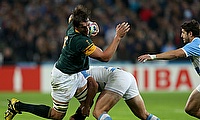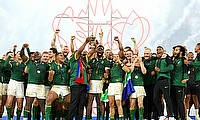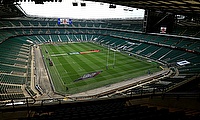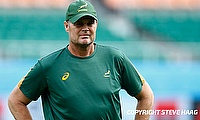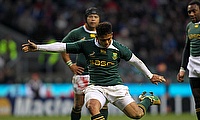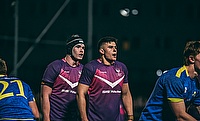South African World Cup bid under threat after government action
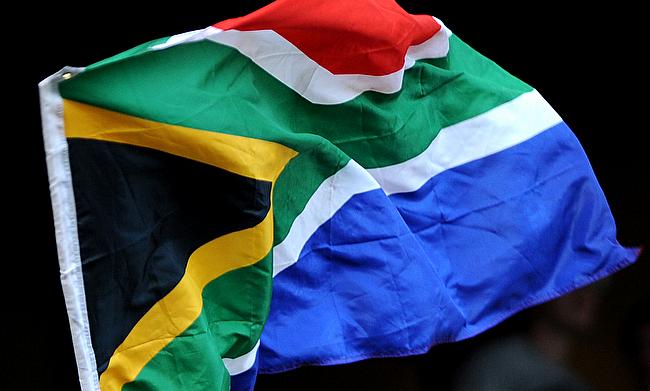
Some of South Africa's biggest sporting unions have been sanctioned by their government
©PA
South Africa's bid to host the 2023 Rugby World Cup could be in jeopardy after the country's government banned four of its leading sports unions from staging major international tournaments after missing participation targets.
As well as SA Rugby, the national federations in charge of cricket, athletics and netball in South Africa have been hit with the same punishment for failing to reach 'transformation targets'.
These targets have been set in South African sport in a bid to increase participation opportunities for previously disadvantaged people, including in relation to race, gender and disability.
South Africa is one of four countries to have expressed an interest in hosting the Rugby World Cup in 2023, along with Ireland, Italy and France, but Monday's announcement puts its hopes in serious question.
The bidding process for the Rugby World Cup is due to start in June this year.
The sanctions handed out to the four sporting unions were announced by South Africa's Sports Minister Fikile Mbalula at a press conference on Monday, after receiving the results of the third Eminent Persons Group on Transformation in Sport report for 2014-15.
Mbalula said he will review his decision when considering the results of the 2016-17 report.
Mbalula said: "I've resolved to revoke the privilege of Athletics South Africa, Cricket South Africa, Netball South Africa and South African Rugby Union to host and bid for any major international and mega tournaments in the Republic of South Africa as a consequence of the aforementioned federations not meeting their own set transformation targets with immediate effect."
Mbalula added: " It is not my intention to disrupt the momentum gained from the implementation of the Transformation Barometer and the global competitive edge of some federations and sports bodies.
"However, I'm mindful of the urgent task for federations to move with speed in the direction of providing quality of opportunities and access to the youth of our country."
The South African football association (SAFA), who last year signed a transformation memorandum along with the other 'big five' federations of cricket, rugby union, athletics and netball, was able to meet its targets but did not escape censure either.
Mbalula said: "In respect of the South African Football Association, I'm delighted that SAFA has met its transformation target. I will, however, issue a ministerial directive to SAFA as a consequence of their poor drive to penetrate and roll out football in schools."
He added: "The transformation project must succeed. As our government directed the sports sector to, among others, promote social cohesion and nation-building across society through increased interaction across race and class through sport."


